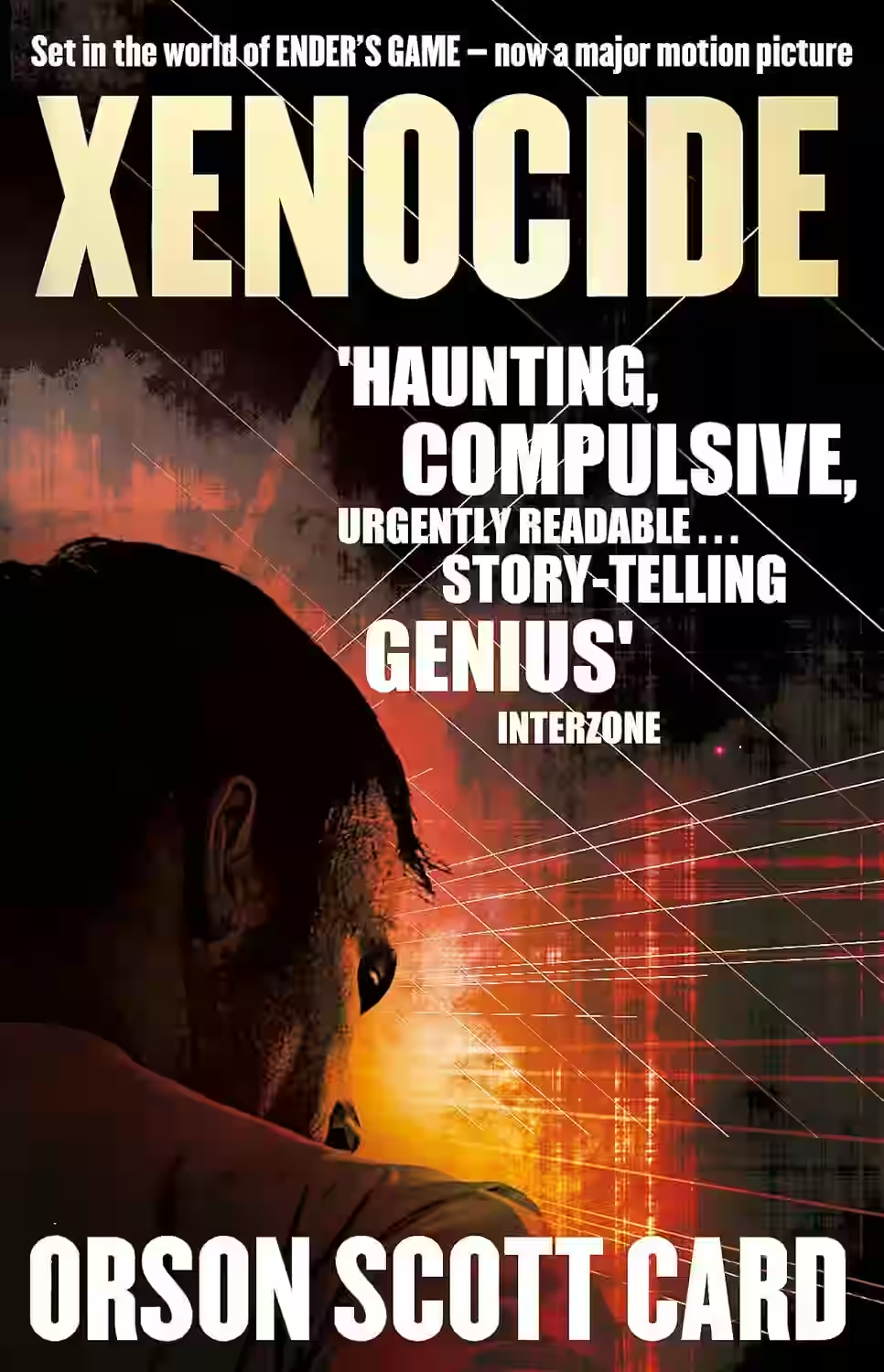
In Orson Scott Card's 'Xenocide,' the third installment of the Ender's Game series, readers are once again thrust into a complex world filled with moral dilemmas, interstellar politics, and the clash of different cultures. The story follows Ender Wiggin as he navigates the intricate web of relationships and conflicts among humans, Pequeninos, and the mysterious alien species known as the descoladores. Themes of empathy, communication, and the consequences of xenophobia are masterfully woven throughout the narrative, challenging readers to question their own beliefs and prejudices. 'Xenocide' is a thought-provoking exploration of identity, redemption, and the price of survival in a vast and unforgiving universe.
About Ender Quintet Series
The Ender Quintet by Orson Scott Card is a thought-provoking science fiction saga centered on Ender Wiggin, a child genius trained to lead humanity in a war against an alien species called the Formics. The series begins with Ender’s Game, where Ender is molded into a military leader at Battle School. The story continues with Speaker for the Dead, Xenocide, Children of the Mind, and Ender in Exile, exploring Ender’s moral reckoning, philosophical questions about identity, and interstellar diplomacy. The quintet blends action, ethics, and deep introspection, evolving from military sci-fi to a rich exploration of empathy, redemption, and the human condition.
About Orson Scott Card
Orson Scott Card, born on August 24, 1951, in Richland, Washington, is a prolific American author known for his contributions to science fiction and fantasy literature. Card's most famous work, the novel 'Ender's Game,' has become a modern classic, exploring complex themes such as war, morality, and the nature of humanity. His writing often delves into the psychological and ethical dilemmas faced by his characters, showcasing his skill in crafting intricate plots and engaging narratives. Card's impact on literature extends beyond his fiction, as he is also a respected critic and commentator within the genre. With numerous awards to his name, including multiple Hugo and Nebula Awards, Orson Scott Card stands as a towering figure in the world of speculative fiction.
Other Books by Orson Scott Card
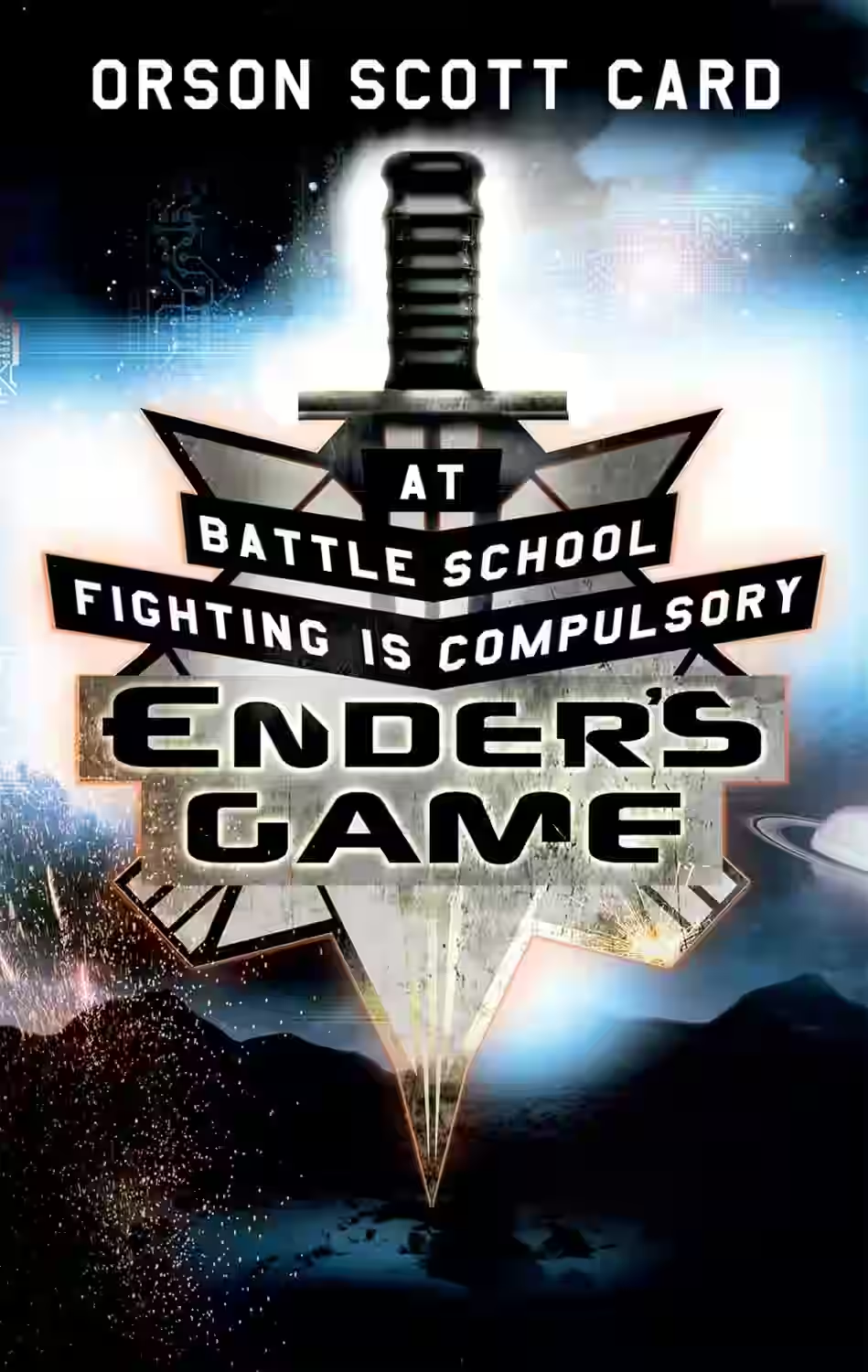
Ender’s Game
Series: Ender Quintet (#1)
Orson Scott Card's 'Ender's Game' is a captivating science fiction novel that follows the story of Andrew 'Ender' Wiggin, a brilliant young boy who is recruited to attend Battle School, a training ground for the galaxy's future military leaders in a war against an alien species known as the Formics. As Ender navigates through a series of complex challenges and simulations, he grapples with themes of power, morality, and the brutal realities of war. The book delves into Ender's struggle with his own humanity and the sacrifices he must make for the greater good. 'Ender's Game' is a thought-provoking and emotional journey that explores the depths of human nature and the consequences of one's actions.
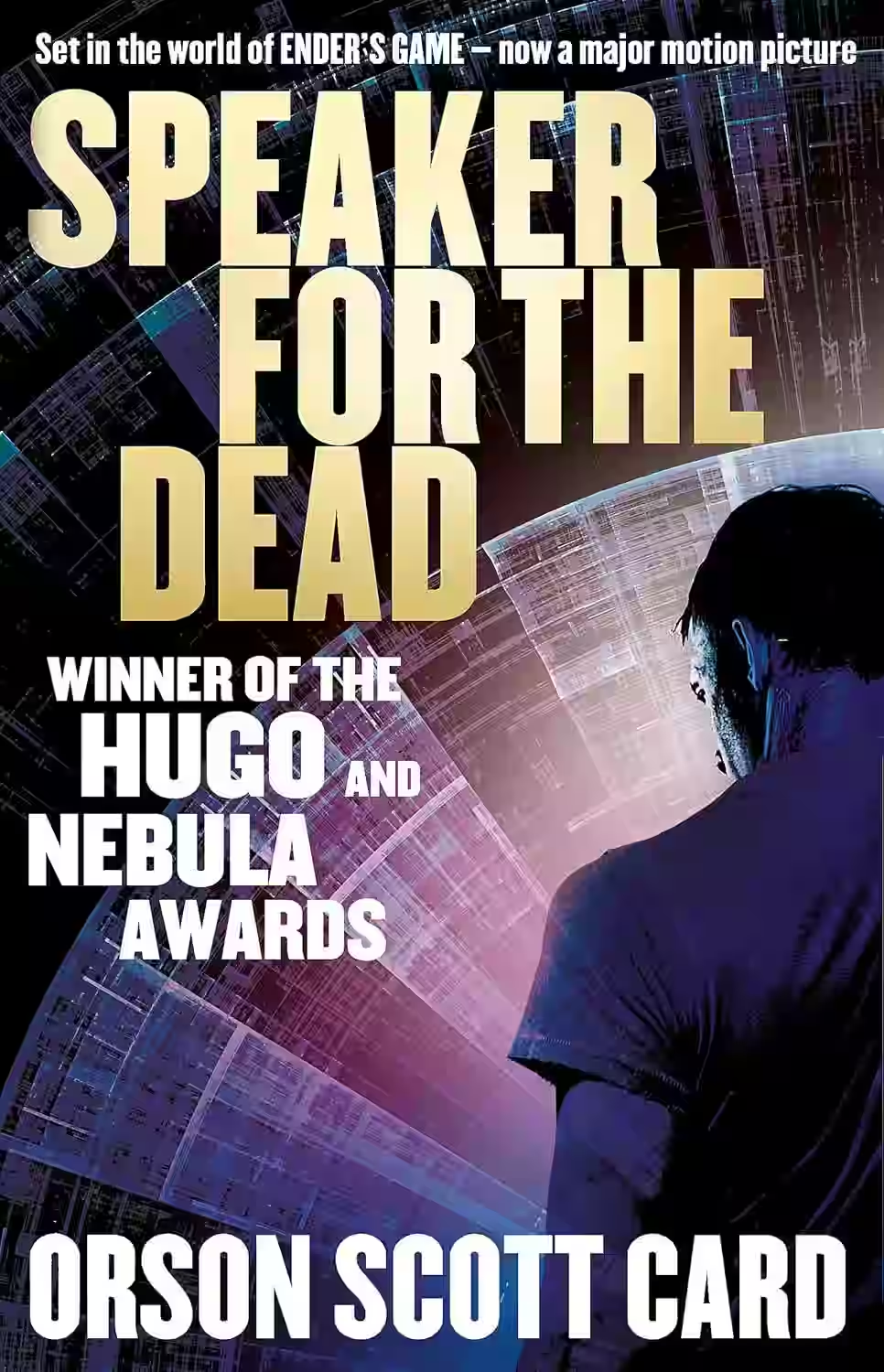
Speaker for the Dead
Series: Ender Quintet (#2)
In Orson Scott Card's 'Speaker for the Dead,' the story takes readers on a thought-provoking journey to the alien planet of Lusitania, where humans and a sentient alien species known as the Pequeninos face cultural clashes and complex moral dilemmas. The protagonist, Ender Wiggin, now known as the Speaker for the Dead, navigates intricate relationships and delves into the mysteries surrounding the death of a prominent scientist. Themes of empathy, understanding, and the consequences of misunderstandings permeate the narrative, culminating in a profound exploration of identity and redemption. Card's storytelling prowess shines in this intricate and emotionally resonant sci-fi masterpiece.
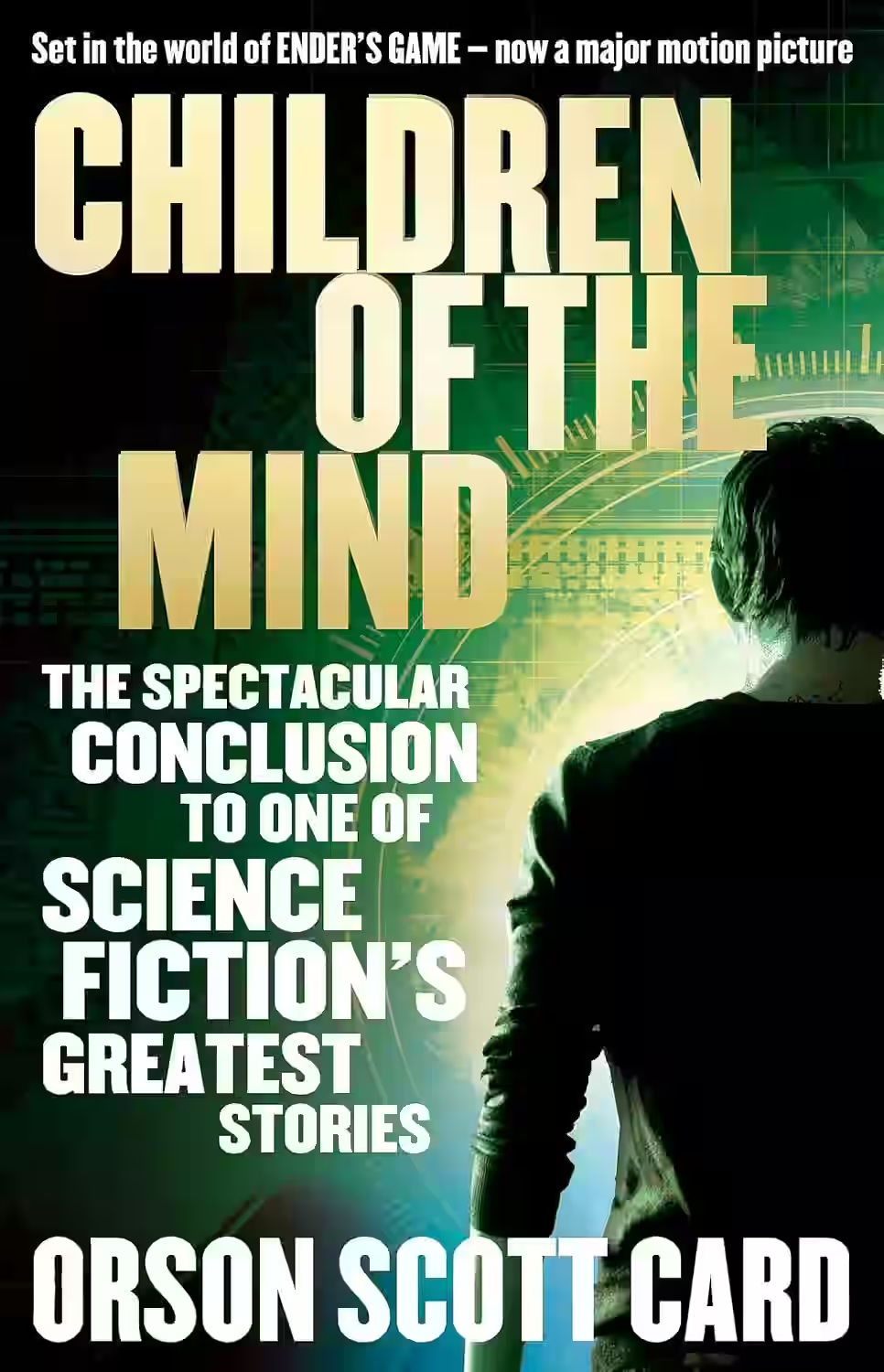
Children Of The Mind
Series: Ender Quintet (#4)
In Orson Scott Card's 'Children of the Mind,' the fourth installment of the beloved Ender's Game series, readers delve deeper into the complex mind of protagonist Andrew 'Ender' Wiggin as he navigates a strange new world, struggling with his own identity and moral dilemmas. The novel explores themes of consciousness, artificial intelligence, and the consequences of war, all while maintaining a gripping narrative filled with twists and turns. Card skillfully combines thought-provoking philosophy with intense action, creating a compelling read for fans of science fiction and psychological drama alike. 'Children of the Mind' is a fitting conclusion to Ender's saga, leaving readers both satisfied and contemplative.
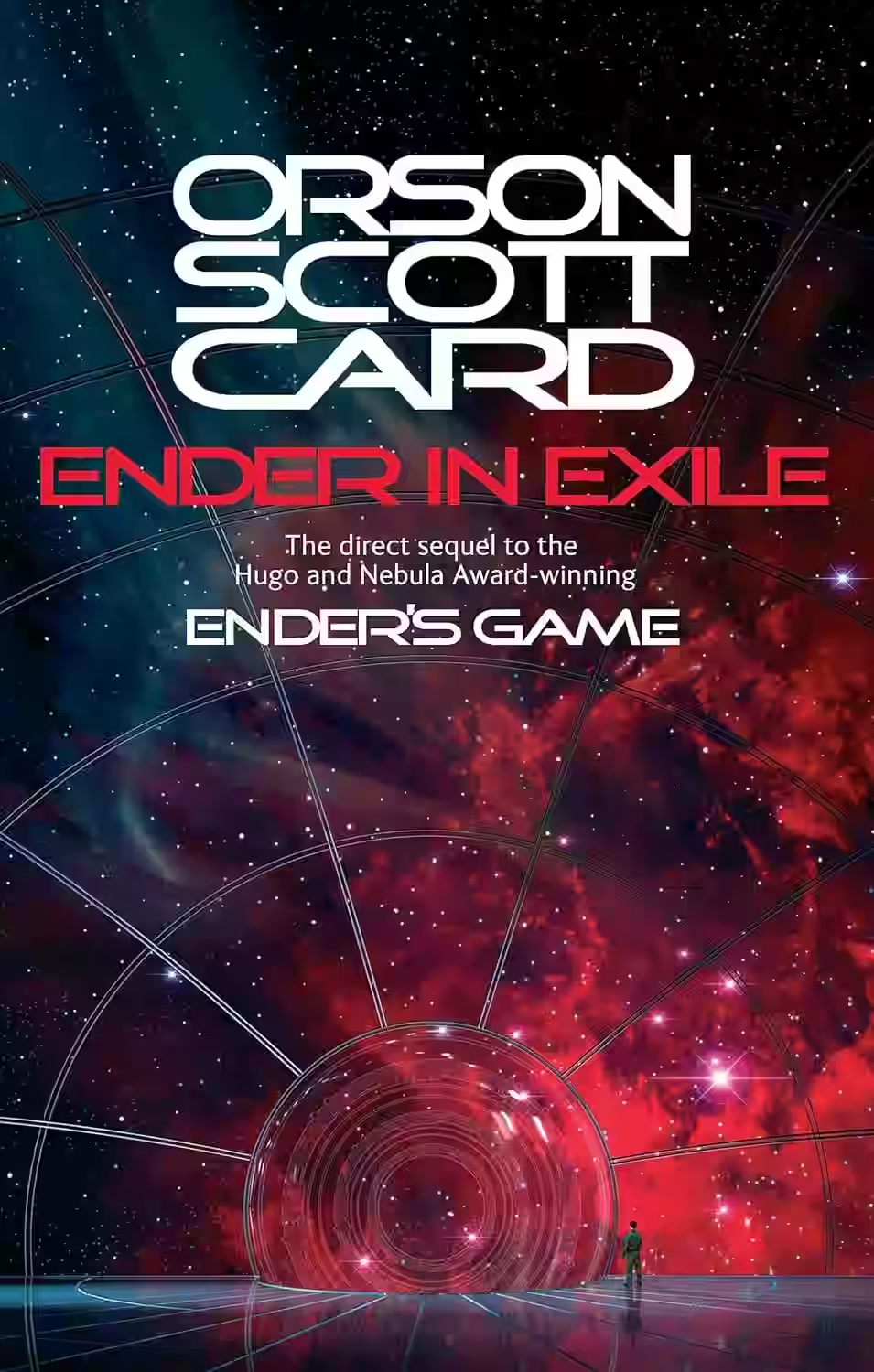
Ender In Exile
Series: Ender Quintet (#5)
In 'Ender In Exile' by Orson Scott Card, readers are taken on a gripping journey alongside Ender Wiggin as he navigates the aftermath of the Formic Wars. Set between the events of 'Ender's Game' and its sequel 'Speaker for the Dead,' this novel delves into themes of identity, forgiveness, and the consequences of war. As Ender grapples with his past actions and seeks a new purpose, readers are treated to a tale of redemption and sacrifice. Card's masterful storytelling and intricate world-building continue to shine in this installment, offering fans a deeper insight into Ender's psyche and the complex relationships he forms. 'Ender In Exile' is a must-read for science fiction enthusiasts and fans of the Enderverse.
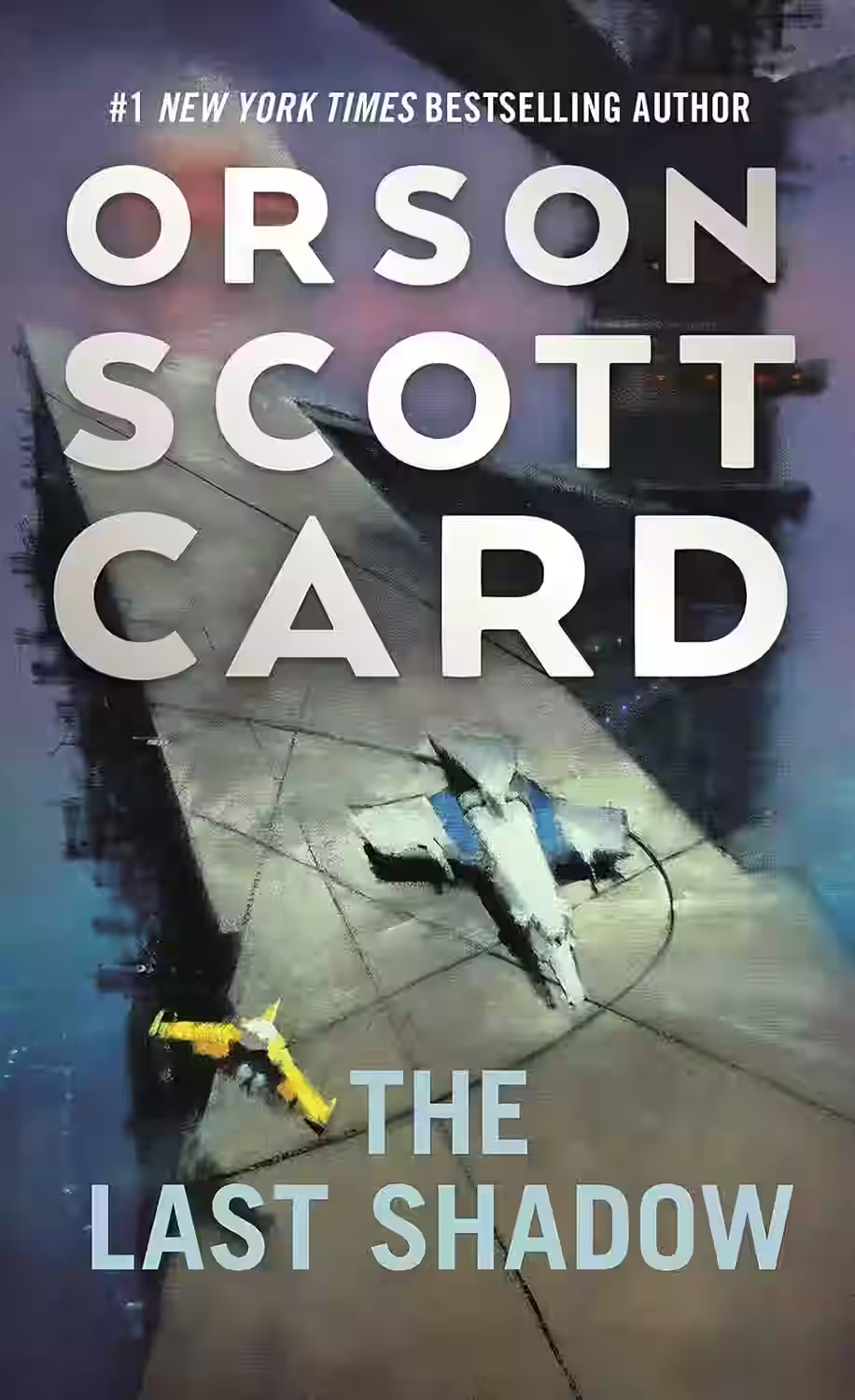
The Last Shadow
Series: Ender Quintet (#6)
In Orson Scott Card's 'The Last Shadow,' readers are transported to the intricate world of Lusitania, where tensions between humans and alien species run high. As brilliant strategist and empath Ender Wiggin navigates political complexities, he works to prevent a catastrophic war. Themes of empathy, communication, and the consequences of human actions are skillfully woven into the narrative, offering readers profound insights into the nature of conflict and coexistence. With its rich character development and thought-provoking scenarios, 'The Last Shadow' is a compelling exploration of morality and the intricacies of interspecies relationships.
Similar Books
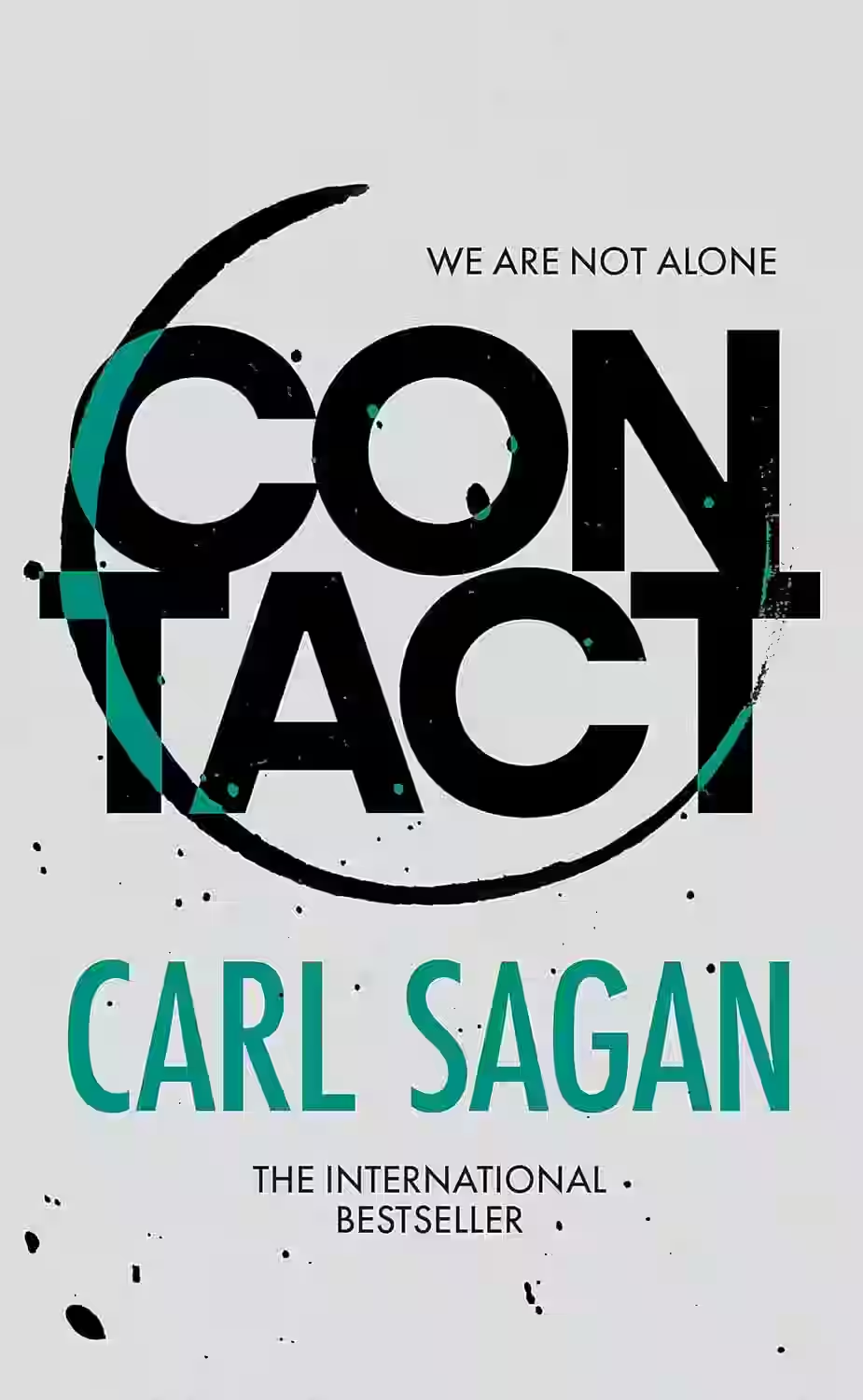
Contact
by Carl Sagan
In Carl Sagan's thought-provoking novel 'Contact,' readers are taken on an exhilarating journey through space exploration, science, and the age-old question of humanity's place in the universe. The story follows Dr. Ellie Arroway, a passionate and dedicated scientist who makes contact with extraterrestrial beings through a mysterious signal from the star Vega. As Ellie navigates the complexities of politics, religion, and the unknown, she embarks on a quest for truth that challenges her beliefs and the very fabric of reality. 'Contact' seamlessly weaves together science and philosophy, offering a captivating narrative that explores the boundless curiosity of the human spirit.

Do Androids Dream of Electric Sheep?
Philip K. Dick's "Do Androids Dream of Electric Sheep?" is a seminal work of science fiction that delves into the complexities of identity, empathy, and the boundaries between human and machine. Set in a post-apocalyptic future where Earth is scarred by nuclear fallout, the novel follows Rick Deckard, a bounty hunter tasked with 'retiring' rogue androids. As Deckard navigates this desolate world, he grapples with his own understanding of humanity, morality, and the distinction between artificial and organic beings. The novel explores themes of existentialism and the quest for meaning in an increasingly dehumanized society. Its influence extends beyond literature, having inspired the iconic film adaptation "Blade Runner," and it remains a compelling exploration of consciousness and the human condition.
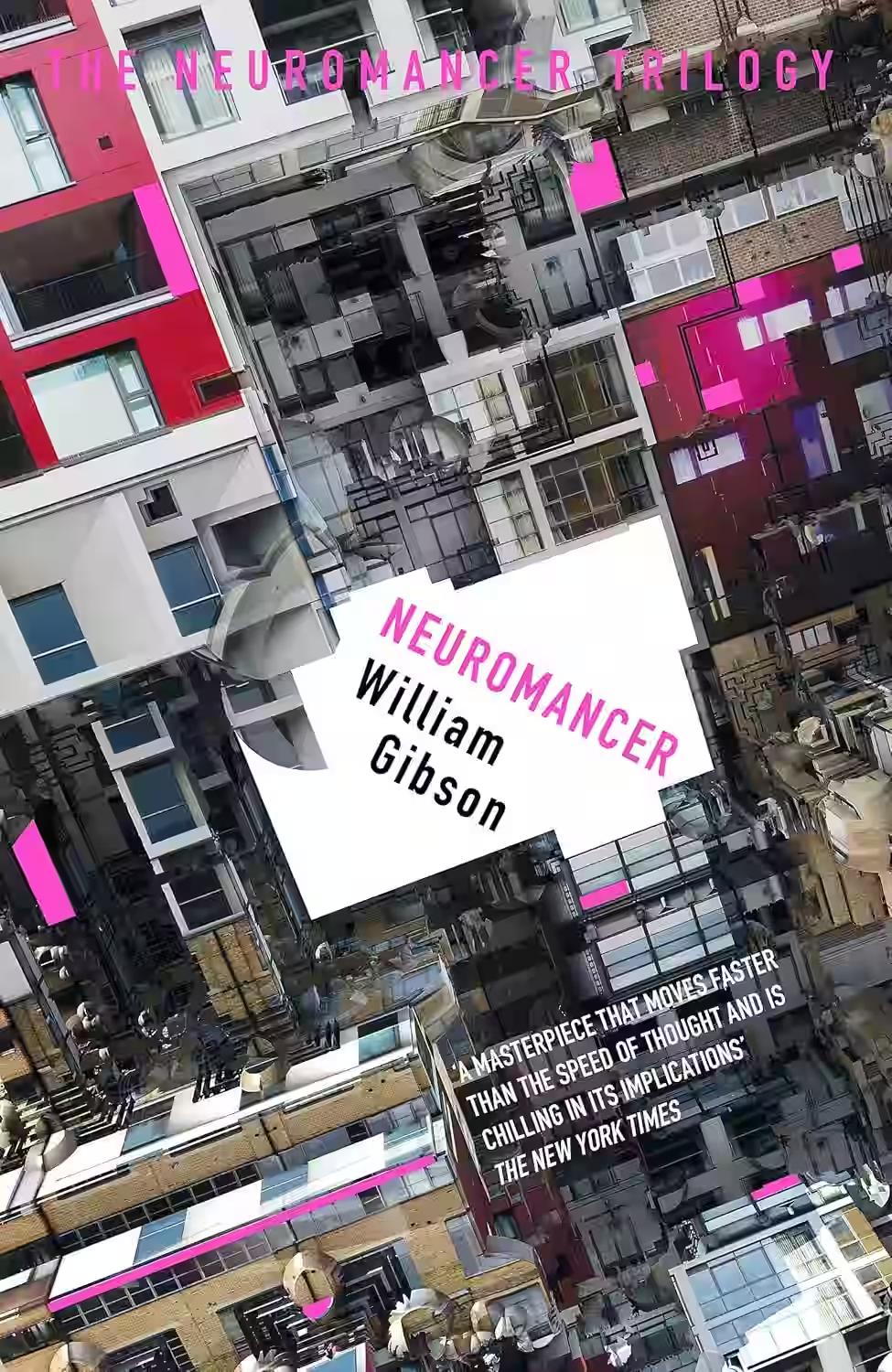
Neuromancer
Series: Sprawl Trilogy (#1)
In William Gibson's 'Neuromancer,' readers are thrust into a dystopian future where cybernetic enhancements and virtual reality reign supreme. The story follows Case, a washed-up computer hacker, who is given a chance at redemption by a mysterious employer. As Case delves deeper into the virtual world, he uncovers a complex web of deceit and power struggles that blur the lines between reality and illusion. Exploring themes of artificial intelligence, corporate greed, and the nature of humanity, 'Neuromancer' is a groundbreaking work of science fiction that set the standard for cyberpunk literature. Gibson's gritty prose and visionary ideas make this a must-read for fans of the genre.
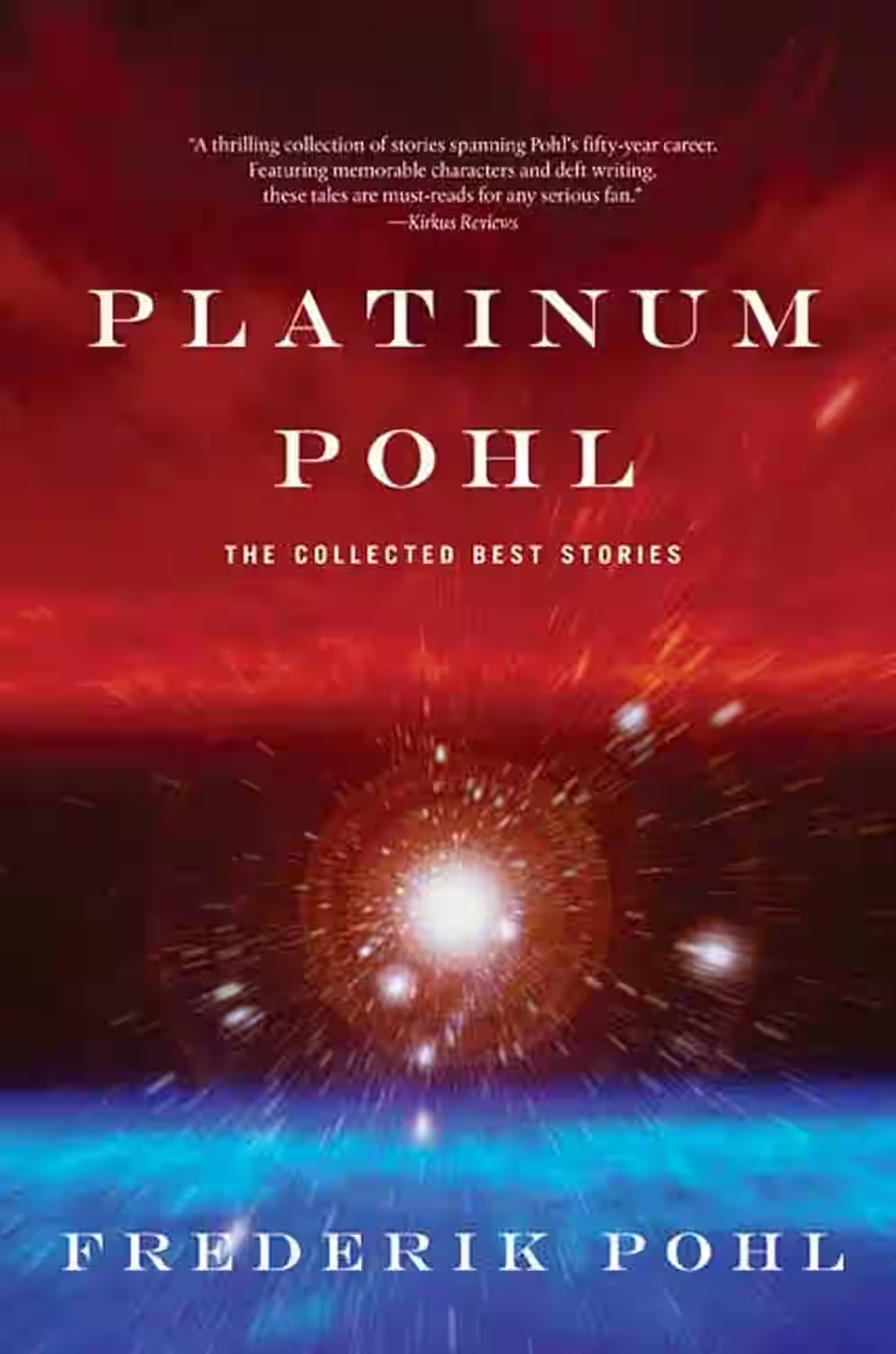
Gateway
In Frederik Pohl's 'Gateway,' humanity discovers an alien space station filled with hundreds of spacecrafts but no instructions. The story follows protagonist Robinette Broadhead as he joins desperate prospectors risking their lives on these mysterious ships in hope of striking it rich or finding meaning. Pohl delves into themes of risk-taking, the unknown, and the psychological toll of choice. The narrative weaves between Robinette's past and present, exploring his inner struggles and the complex relationships formed aboard Gateway. This novel blends hard science fiction with deep character development, keeping readers on edge with its suspenseful plot twists and moral dilemmas.